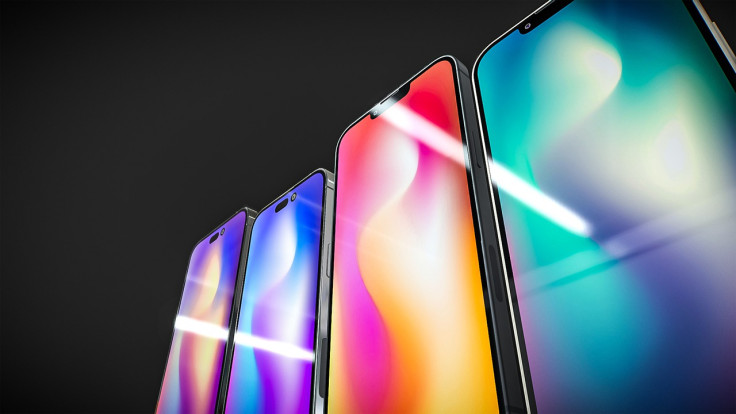Apple iPhone 15 rumours: A17 chip will bring improved battery life to next iPhone series models
Apple's A17 chip will focus more on offering longer battery life on the iPhone 15 series rather than offering more processing power.
Apple chipsets usually beat other mobile SoCs hands down in terms of performance. Every newfangled A series Bionic chip brings notable improvements over its predecessor.
However, the Bionic A17 chip might not be as powerful as Apple's existing silicon. Instead, the next-gen chipset will reportedly bring improved battery life to the iPhone 15 series.
If the American tech giant doesn't deviate from its launch strategy, the iPhone 15 lineup will go official in 2025. According to a report by 9to5Mac, the A17 Bionic chips-backed iPhone 15 series will not deliver exceptional processing power.
However, the report claims the next iPhones will offer a longer battery life. This piece of information comes from TSMC's chairman Mark Liu. The top executive revealed this information while talking about the company's 3nm chips.
To those unaware, Apple's iPhones pack chips made by TSMC. Apparently, the semiconductor manufacturer might adopt a smaller 3nm process node for the Bionic A17 chip.
Some reports suggest Apple's A17 chip has already entered the production stage. Notably, TSMC recently held a ceremony in a bid to mark the 3nm chips' mass production.
Now, Liu has announced some exceptional efficiency improvement figures achieved from the 3nm process. In a statement to Bloomberg, Liu explained that the 3nm processes ensure better performance as compared to the 5nm chips.
Moreover, the 3nm processes consume 35 percent less power. The new process node might be used in the M2 Pro chip that will power up the upcoming Macs.
The 3nm process node might be used in the A17 processor after the M2 Pro chip-powered Mac models go official. Moreover, the Cupertino-based tech firm could use a 3nm process for the upcoming M3 chips.
The Bionic A17, however, might not turn out to be an efficiency-focused chipset, although TSMC is concentrating more on power efficiency. So, it will be interesting to see whether Apple prioritizes performance over efficiency.
Apple is reportedly planning to widen the gap between the Pro and non-Pro models with the iPhone 15 series next year. So, the iPhone 15 Pro series models are also likely to carry a steeper price tag.
The company will justify this price tag by equipping the higher-end Pro models will better hardware than their non-Pro counterparts. It is unclear whether there will be a notable difference between the chip powering up the Pro and non-Pro iPhone models.

© Copyright IBTimes 2025. All rights reserved.






















